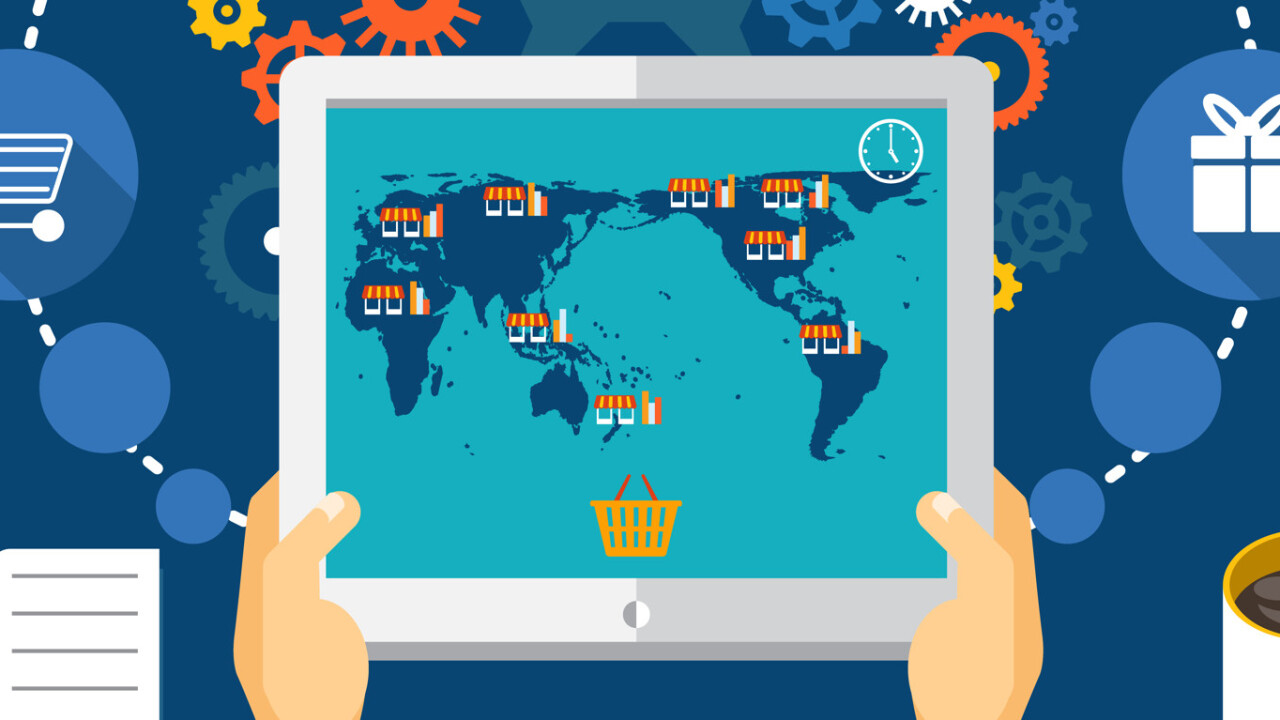
This article is part of a series written by speakers featuring at TNW USA Conference on December 10 in New York.
John is Co-Founder & President of Stripe, the web and mobile payment platform.
You’re starting an online business. Build it, launch it, and then sell it to the wider world, right? Well, that last “world” part is actually kind of tricky.
We’re united by a single global web. But 25 years in, our online economies are fractured: U.S. businesses see a miserly trickle of international purchases, incompatible payment systems vie for market share, and the promise of a global internet economy remains just that — a promise.
There are two problems. First, starting an online business was until recently dreadfully cumbersome. When my co-founder Patrick and I started our previous company, we waited weeks as our application for a merchant account struggled through approvals. We crammed to learn about compliance rules, and found ourselves building basic business functionality — like payment forms and business analytics — from scratch. The banking infrastructure we had to use felt poorly matched to the internet.
The hassle, overhead, and friction in getting started has a chilling effect on businesses. Unless you have the resources of an Amazon or a Target, you might just give up figuring out how to navigate this convoluted system.
Secondly, most online sellers turn away half their potential buyers without meaning to. What’s the most popular way to buy things online in China? Visa? UnionPay? No, it’s Alipay, Alibaba’s payment arm, which almost no Western merchants accept today. Similarly, M-Pesa leapfrogged credit card adoption in Kenya, while many countries like Brazil use cash-to-online payment methods. Internet users in these countries, who by and large do not have credit cards, are shut out from most internet products.
The good news is that the gap between the traditional financial system and the internet is finally narrowing. At Stripe, we’re seeing the emergence of exciting new trends that give entrepreneurs more opportunity and give consumers more choice: rich commerce platforms, crowdfunding, and social buying are all spaces to watch. All these are built on a deeper technology stack that goes far beyond just processing credit cards.
So I’m optimistic. Ten years from now, I think it will seem strange that companies couldn’t sell to someone in China or Brazil. It’ll seem quaint that companies were not global by default.
I’m looking forward to that internet.
TNW USA Conference takes place on December 10 in New York. Book your ticket now.
Image credit: Neyro/Shutterstock
Get the TNW newsletter
Get the most important tech news in your inbox each week.
